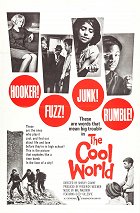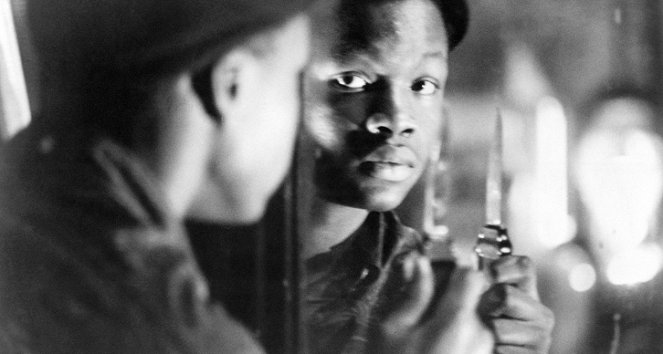Realização:
Shirley ClarkeElenco:
Carl Lee, Clarence Williams III, Gloria Foster, Antonio Fargas, Dizzy Gillespie, Val Bisoglio, Jerome Raphael, Richard Ward, Mel Stewart, Rony Clanton (mais)Sinopses(1)
Pioneering woman of independent cinema, Shirley Clarke directs this naturalistic evocation of black life in Harlem. A raw and visceral look into youth gangs and street culture. Produced by legendary documentary filmmaker Frederick Wiseman. (Locarno Festival)
Críticas (2)
The story of the teenage protagonist, whose only dream in life is to obtain his own "piece" (gun), really doesn't leave much room for understanding. After all, it is not normal in most places for children's games with balls and scooters on dirty and always-crowded Harlem streets to turn into similar games with machetes and throwing knives. At that point, preaching that Jesus was black seems quite arrogant and ridiculous. However, this was still in the early 60s and segregation had been abolished by the Supreme Court only about ten years prior, but in the minds of "whites," it would continue to survive for a long time. This was also with the prospect of a future without opportunities (which can be broken through, but with much more effort than others who have the "right" color and don't live in the Harlem ghetto, which, by the way, is only separated from the "real" Manhattan by Central Park...). The film itself has a visually captivating quality with elements of cinema-verité, which often resemble the New Wave.
()
Experimental realism in an American setting focusing on racial issues and criminality isn't exactly a film that's as interesting as you might think after reading the synopses. This is simply a film where a woman went with a camera to Harlem, filmed something there, and people could get a sense of the problems America actually has. It certainly doesn't feel like an eye-opener today.
()

